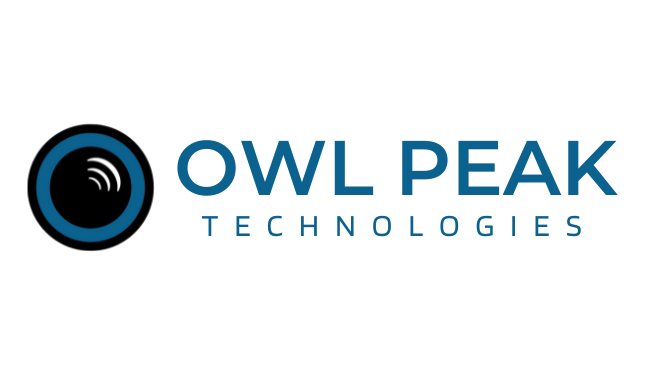Groundbreaking Pilot Study Shows 90% Correlation Between Heat Signature and Polyp Identification for Colorectal Cancer Screening
Study results presented at Digestive Disease Week, the nation’s leading GI conference
Charlottesville, VA – May 22, 2025: Owl Peak Technologies, a pioneer in innovative diagnostic technologies, is proud to announce the release of its first pilot study at this year’s Digestive Disease Week (DDW) in San Diego. The study, presented in a widely viewed poster session, marks a significant milestone in the early detection of colorectal cancer.
The poster, titled “Exploring In Vivo Temperature Differences Between Colonic Polyps and Healthy Tissue: A Novel Diagnostic Tool for Polyp Detection and Diagnosis,” drew strong interest from leading gastroenterologists, researchers, and investors. It showcased the potential of Owl Peak’s proprietary technology to revolutionize colorectal cancer screening by identifying polyps through their unique heat signatures.
The pilot study was conducted in collaboration with AdventHealth, whose research team played a critical role in data collection and analysis. Their dedication and expertise were instrumental in validating the study’s findings. AdventHealth has expressed strong interest in expanding this research into future clinical trials.
Key findings from the study include:
Over 90% correlation between in vivo heat signatures and post-procedure pathology results.
Up to 95% accuracy in identifying polyps based on thermal differences.
The results support the hypothesis that temperature-based diagnostics can serve as a reliable, non-invasive tool for early polyp detection.
“This study is a major step forward in our mission to transform colorectal cancer diagnostics,” said Timothy Harvey, CEO of Owl Peak Technologies. “We’re thrilled by the response at DDW and look forward to building on this momentum with further clinical research.”
Owl Peak recently announced the addition of Dr. Isaac Kinde, Vice President of Technology Assessment at Exact Sciences, as a strategic advisor. Previously, he served as Head of Research & Innovation and a Co-Founder of Thrive, where he pioneered tests for the earlier detection of cancer through simple blood draws.
